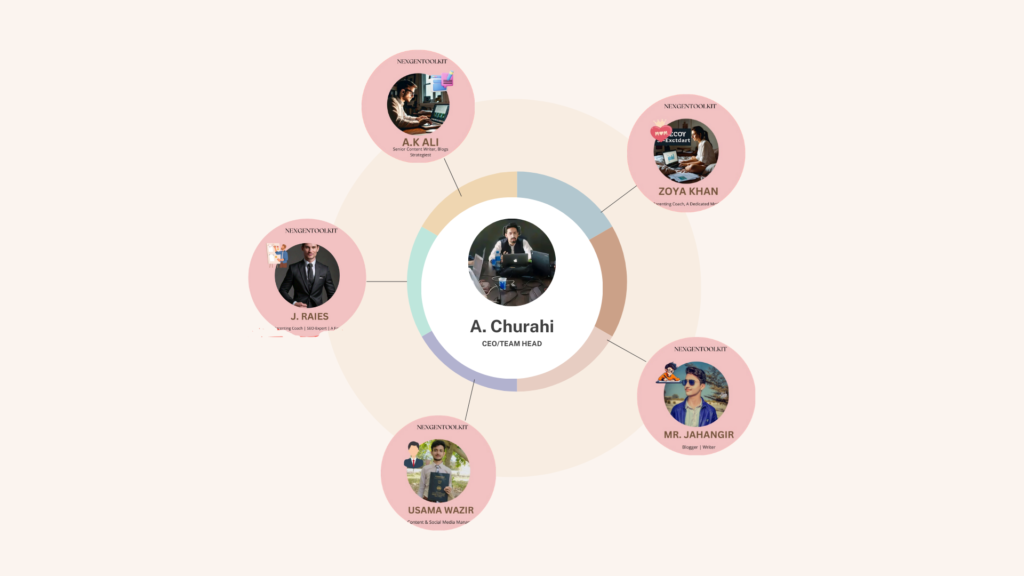In a society, that seems to be gradually opening up to welcome and embrace diversity and inequalities, the sphere of baby names has transitioned in new directions. Among today’s trends, one of the most prominent is the usage of non-binary names meaning that both the first and the last name are chosen to represent a preferred gender identity that is not strictly male or female.
Such a trend should be viewed in the context of the overall growing cultural concern for non-conventional gender identification. gender-neutral names.
You Can Also Read This Manly Names – An Alphabetical List

The Gender Neutral Names for Babies ;
Understanding Nonbinary Names
- Said names are also called unisex or gender-free names because there are names for male and female children, but not for gender neutral. They offer a convenient solution for such people avoiding strict compliance with the requirements of specific gender names but still being able to satisfy their desire. These names sometimes come from different philological backgrounds and can also be classical or modern depending on the culture of the country which is inhabited by corresponding people.
Cultural and Historical Context
- Now, as far as Gender neutral names are considered some people may argue that it is a relatively new notion but history reveals that many cultures have been using such names which are not restricted to a specific gender. In some Native American tribes, the selection of names was done according to some desirable quality or feature and not gender. Likewise, names that originated from ancient civilizations some of the names they gave to their children had no gender leanings.

Why Do Some People Choose a Nonbinary Name?
There are several reasons why parents may choose a nonbinary name for their child:
- Respect for Individual Identity: Transgender names make children okay with who they are as they mature without having to stick to general traditional gender roles.
- Inclusivity and Diversity: Such a name, or no name at all, can be a form of support for gender nonconformity and equal opportunities for everybody of any gender.
- Future-Proofing: Nonbinary names are also less vulnerable to the shocks of unpredictable change since nonbinary persons know that they have rights and privileges that may change as time passes.
POPULARITY AND TRENDS
- Nonbinary names have also been on the rise to some extent as many cultures have begun to embrace gender inclusiveness. Recounting the use of given names that are not traditionally associated with one’s gender, the author notes that famous people who have newborns, deciding gender-neutral names have also contributed to making it popular.
EXAMPLE OF NON-BINARY NAMES
Designations that people who are nonbinary use are diverse in terms of style and roots. Some examples include:
- Alex
- Riley
- Jordan
- Taylor
- Jamie
- Avery
- Casey
- Sage
These names are usually non-descriptive so that the subject can assign to himself or herself the identity that he or she desires.
CONSIDERATIONS FOR PARENTS
When choosing a nonbinary name for a child, parents may consider the following:
- Meaning and Significance: In the same way as with anything else, including a nonbinary name’s meaning and its/cultural significance might be significant in parents’ choice.
- Pronunciation and Spelling: Concerning the presentation of names, it helps if the name can be pronounced correctly and spelled easily to make the child grow up with a NB name happily.
- Legal and Social Implications: In some jurisdictions, it might be possible to register non-binary names as legal, while in others it may not. Parents should be aware of the rules and endorse the community’s view of gender-neutral names.

Conclusion :
Thus, nonbinary names are a very progressive step in the understanding and expression of gender. Gender-neutral names erode all barriers to one’s identification processes hence parents should embrace gender-neutral names to embrace the diverse society. As society moves forward and becomes more accepting and understanding, nonbinary names are still a symbol of the culture’s desire to embrace and respect everyone regardless of their gender.
In choosing a name for a baby, whether nonbinary or traditional, the ultimate goal remains the same: For people, to receive a child in a world that includes them as wanted, cared for, and embraced for who they are.
You Can Also Read This Paper Bag Puppets










